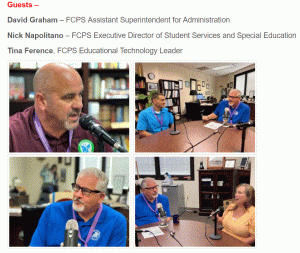How we teach
Pedagogy: “the method and practice of teaching, especially as an academic subject or theoretical concept.” In the vast majority of cases, teachers get their first true pedagogy training when they student teach. Prior to student teaching, they are primarily inducted via theory, case studies, and observations…but I suspect that most will tell you that student teaching taught them how to teach. The pedological evolution for teachers, however, never really ends (and it shouldn’t), nor does the desire among teachers to always be improving.
Confession: I never student taught. After I finished everything BUT student teaching in college, I was hired by a principal who was willing to allow me to teach full-time and, thus, use that experience to fulfill the state’s student teaching requirement.
Big mistake…but also a great opportunity wherein I didn’t get inducted into a traditional mode of instruction. I basically used what I saw, or tried, or read about to teach kids. If it didn’t work, I stopped using it. If it did work, I kept using it. I learned from my colleagues by asking a lot of questions. I got some bad advice, also. After an observation by my principal, he shared concerns regarding my classroom management skills. I did not have a problem with a louder, more active classroom, but he did. His advice was to lecture more often and, thus, have more control over my students. Well, it worked in terms of keeping the kids quiet, but we both hated it and we were all terribly bored.
I am happy to report that instructional pedagogy has changed for the better since I taught. Teachers are encouraged to experiment, take risks, and involve students in their own learning. The courageous and confident administrator will insist that teachers engage students via a variety of instructional methods.
